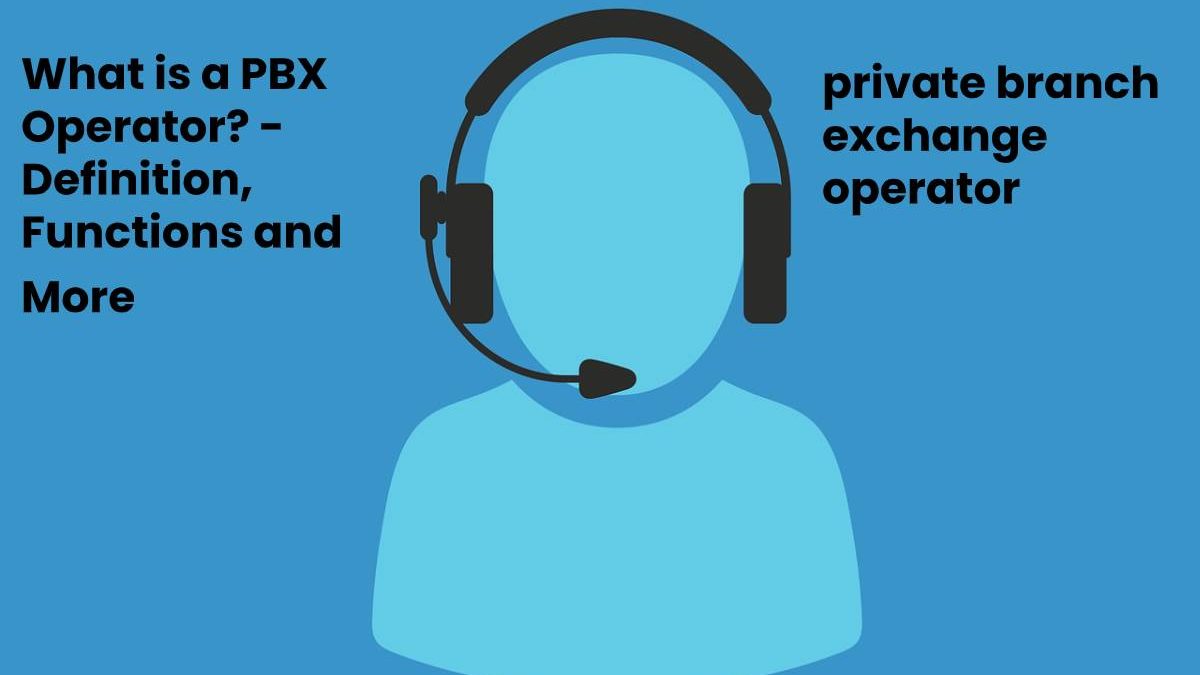Table of Contents
PBX Operators Definition
A PBX (private branch exchange) operator is an individual who manages telephone calls for a specific office. Unlike the standard operator exchange operators that manage the telephone business for multiple offices or the public.
Many of the PBX operators are humans; some companies have now begun using automated computer operators that use keypad options to transfer calls or voice recognition software.
Functions of PBX Operator
PBX operators perform several tasks for the business they work for. Besides, they are responsible for accepting incoming calls, creates connections between incoming lines and internal lines. And also creating connections between two internal lines.
PBX operators must monitor the connected lines to ensure that they remain connected and do not deteriorate. And when the callers terminate, the operator must close the connection successfully. Depending on your agreement with your employer, some PBX operators may also take messages or relay messages between the parties.
Also Read: What is MCDST? – Definition, Requirements, Benefits and More
The Past
PBX operators differed from common operator operators when the telephone became a common commercial tool in the 1920s. Operators manage calls in and out of the office with a switchboard, an electromagnetic device that requires the operator to connect the telephone lines to the telephone wires of your destination by hand.
At the end of the 1960s, the switchboard began to be phase out in favor of automatic exchange, one of the first administrators of electric telephone lines. PBX operators began working with automated electronic exchanges, since the early 1990s.
Meaning
Modern PBX operators have started using VoIP branch exchanges and integrated service digital network exchanges that use Internet protocols to connect, receive, and transfer calls.
Both networks allow the PBX operator to machine more operations, such as call forwarding, conference call, and caller ID. These new frameworks of digital branch exchange are also reducing the cost of running a PBX due to its economic workings.
PBX Operator Outcome
Though most PBX operators work for medium and large companies and offices. In the last ten years, there has been an increase in PBX operators employed by small businesses and entrepreneurs.
One of the reasons for the new labor market is the lower cost of owning a PBX system since the digital options offers. However, another is the enlargement of small and individual businesses, all thanks to the Internet.
Websites allow the reach of small businesses to expand beyond their local area to become global entities, which require more support and efficiency from the owners.
Also Read: What is Multiplexing? – Definition, Principles, Uses and More

